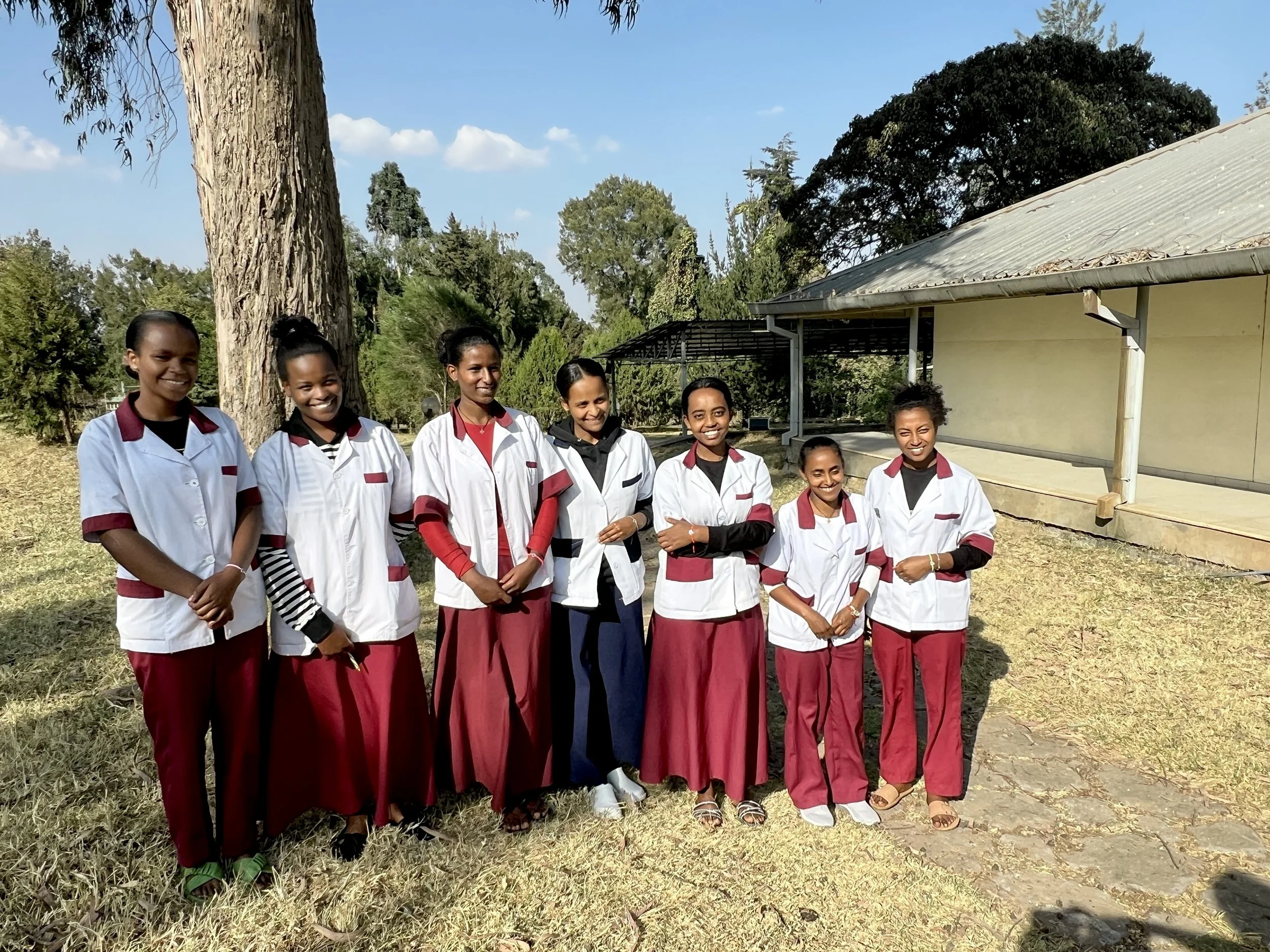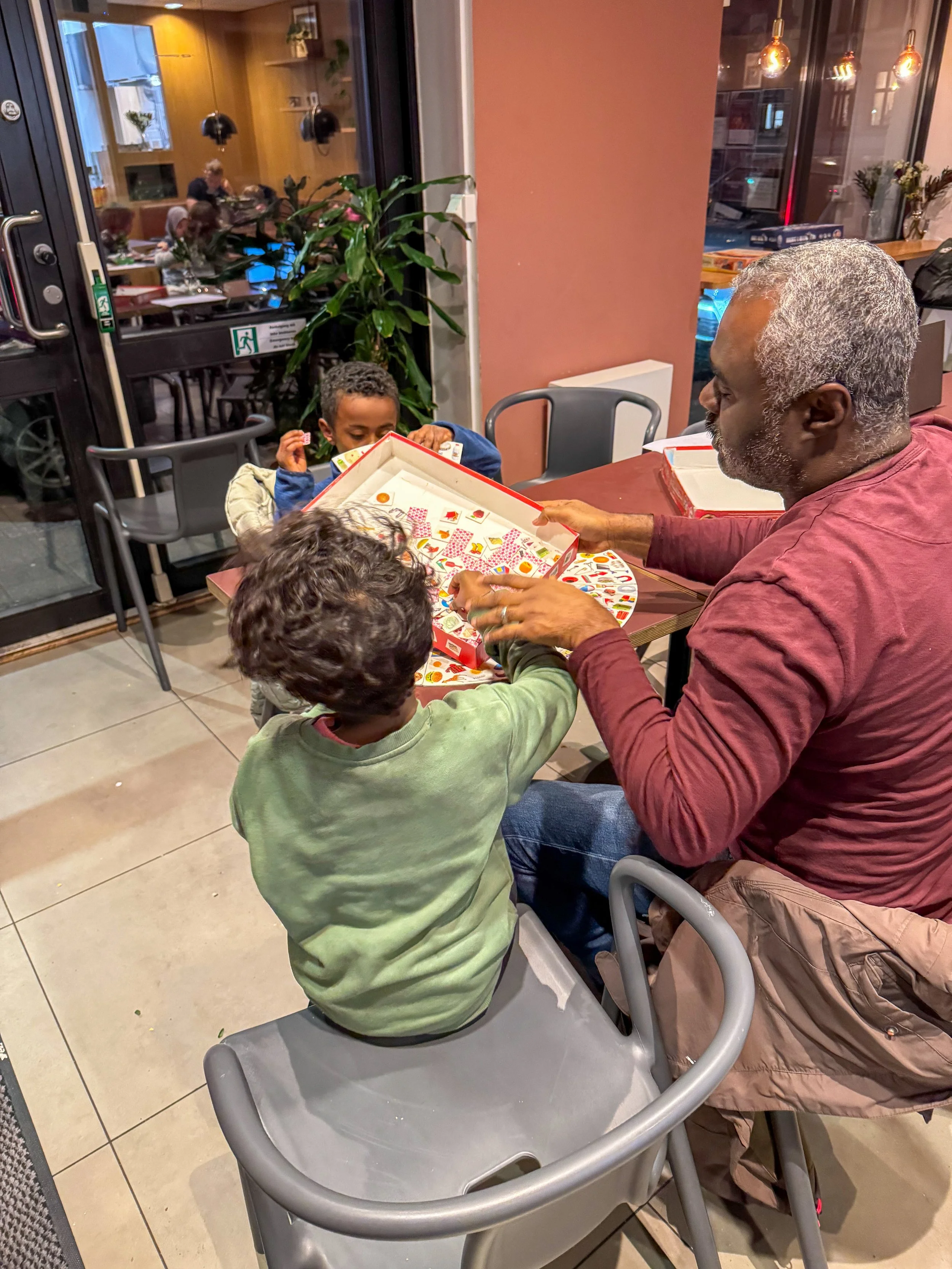A Second Chance for Keniya
Keniya Mohammed’s Story
Keniya Mohamed is an 18-year-old teenager from the Arsi Zone in Oromia region. Keniya got married at 17, and the difficult year she has endured is a testament to the importance of a minimum age at marriage. Keniya didn’t utilize any family planning method and she conceived shortly after her marriage. This occurred before Keniya reached the age of consent, and it institutes statutory rape according to the laws in Ethiopia.
In a manner that shows how responsible Keniya is, she was committed to attending antenatal care follow-ups at both the local health center and at hospital, and all signs pointed to a regular pregnancy. But when labor came about, Keniya would be subject to a tragic fate shared by many who conceive at such an early age. She remembers that labor began at home, and it would be six hours before young Keniya went to seek assistance at a nearby health center. After enduring 40 hours of ‘observation,’ she was referred to a hospital where she was ‘evaluated and assisted’ for 3 hours. However, she couldn’t have the emergency Cesarean delivery she desperately needed because the surgeon wasn’t available. So, she was once again referred to another hospital where she had an immediate Cesarean Section, but, unsurprisingly, her baby had died.
Afterwards, it seemed like Keniya’s trouble had stopped. She was discharged after staying one more week at the hospital in an apparently good condition. But in a classic tale of storms gathering in the darkest skies, Keniya’s adversity kept snowballing when, two weeks later, she noticed that she was having urinary leakage.
Keniya’s treatment journey would begin when she went to another health center and got referred to Assela Fistula Center. Keniya was evaluated and was told she had obstetric fistula. Young Keniya felt reassured when she found out that her condition had a name and a treatment. Keniya was scheduled for surgical repair three weeks later and she underwent a successful operation.
Currently, Keniya is cured and expresses profound fulfillment with the care she received at Assela Fistula Center. Keniya's physical and psychological treatment is aimed to be a reflection of the physical and psychological torment of her labor. It is truly saddening when a failing health and justice system fails the young and vulnerable. Keniya is now going back to her husband. While Keniya's gratitude echoes the importance of such centers in changing the lives of women, Keniya’s journey reaffirms the need for institutional changes in how the society treats girls.
Related stories
STORIES FROM OUR PRIORITY AREAS
All · Children & youth · Music & culture · Health & research · Climate action · Social impact investment




